The Great Resignation is one consequential dusting of this global experience we were unfortunate to suffer. And certainly, the thrusting of screens in our faces via Zoom links, Microsoft Teams, Google chats, and FaceTime meetings overwhelmed the senses to the nth degree. Sitting behind a desk on a beautiful day became one defining epitome of Hell on Earth.
Just when we felt a ping of hope and out of the downward curve, a war jarred us into reality; evil still exists and life proves fragile on repeat. Thanos may as well snapped his finger after all.
Since 2010, I have researched and written for a cause that meant the world to me and millions of people. Like a scratched record, I have written, edited, and re-written countless drafts of my novel. I have published and republished after ripping my work back to the studs. My website continually evolved over 10 years and is still frequently visited by new and returning readers. Numerous blogs posted since 2014 spanned topics from music education to music advocacy, current Alzheimer’s research and caregiver tips, guest blogs, to music and memory. And most importantly, I have talked. Presentations on “Music and Memory: A Gateway to Lucidity” thrived locally, and my time as an Alzheimer’s Community Educator has been of utmost significance. I’ve met thousands of people impacted by this disease on my journey, many of whom sought to provide cathartic care for their loved ones through music.
For several years, I did all this while being a single mother with a full-time teaching position. To say this passionate work has come at great cost is a massive understatement. But, I persisted.
Why, quite simply? Because it was a calling and the right thing to do.
"It's not the things we get but the hearts we touch that will determine our success in life... In the end, however, the significance of our life will be determined by choices we make. We can choose positive over negative, smiles over frowns, giving over taking and love over hate. It is only when we take responsibility for our choices that we begin to realize we truly are the masters of our fate. Only then will our lives begin to change for the better." -Mac Anderson, The Dash
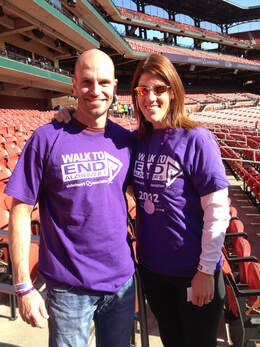
My friends, time is worth more than anything, and to me, far exceeds its weight in gold. We cannot get it back. We cannot mend it. No substitute exists; for when it’s gone, it is lost forever.
It is for this reason I need to step back now. It appears my own health and family requires attention. My research will continue in this sabbatical, and if asked to speak publicly, I will answer that call as a servant.
You see, we are all blessed with multiple gifts. I listened to my first calling to teach music, and while I am grateful for the second surprise calling, it does take a toll on one’s body over the years. Visiting my Grandma Sarah at that hospital over a decade ago changed my life. Goosebumps abound every time I tell the story, and it will always be told as a catalyst for this entire, remarkable journey.
Rest assured, there will be more novels (a sequel is outlined, alongside other book ideas!), but self-care and time with loved ones must prevail. The computer needs to shut down, rest, and reboot in order to function best moving forward. I am certain people understand.
Thank you all for your loving support. The best way to do so moving forward is to continue sharing my novel (and work), spreading the powerful message of music in the brain with others. Musicians can be super heroes for those with dementia and other ailments!
Feel free to reach me anytime. In the meantime, tomorrow is never guaranteed so stay well and make every day count!
Dedicated in loving memory of Mr. Bob Wilhite
#EndAlz #Bloggers #MusicandMemory #Musicians
Top image courtesy of https://wdrfree.com/stock-vector/sincere-people

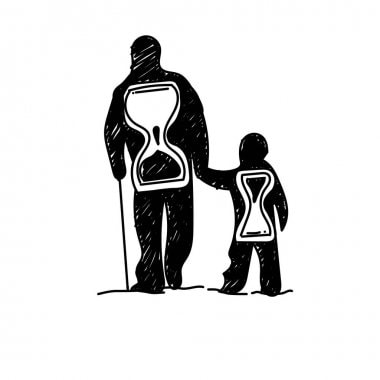
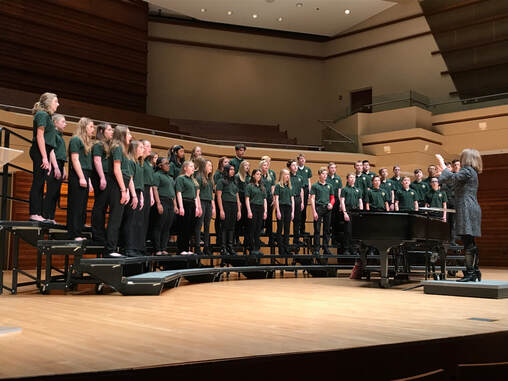
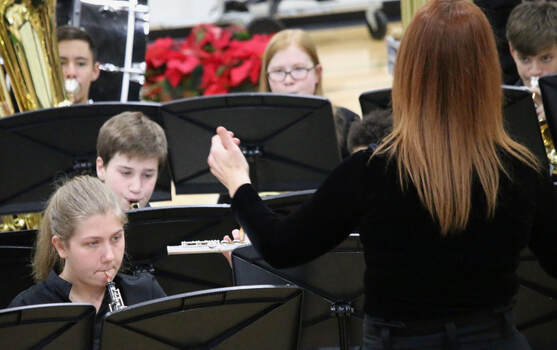
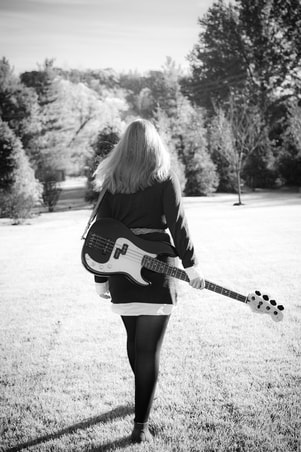
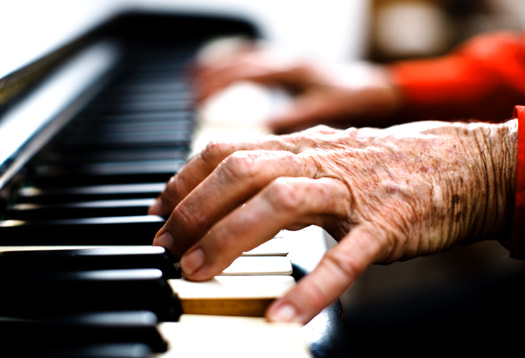
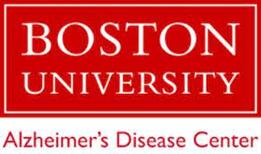
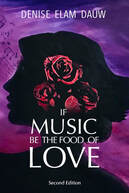
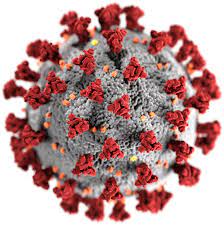

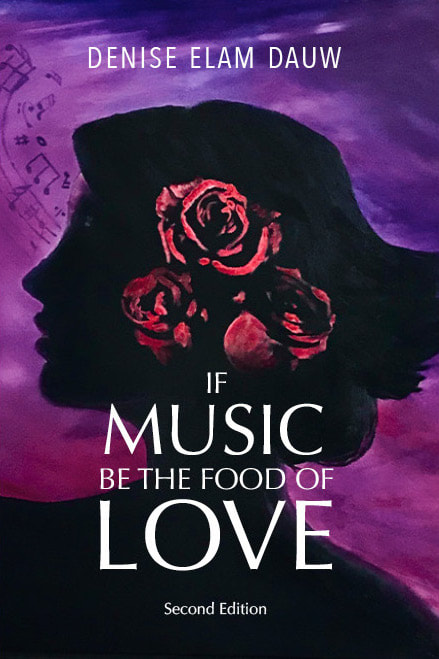
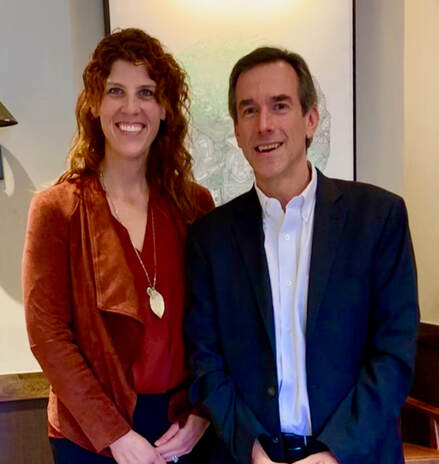
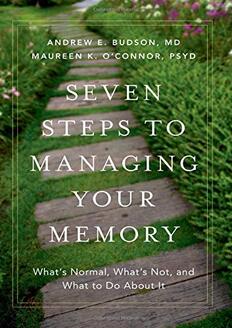
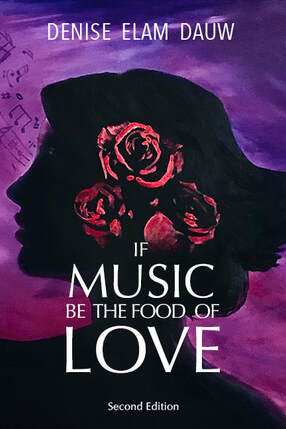
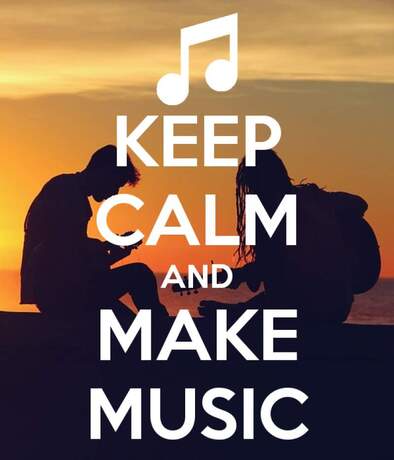
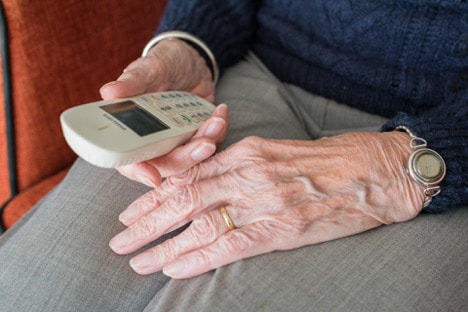
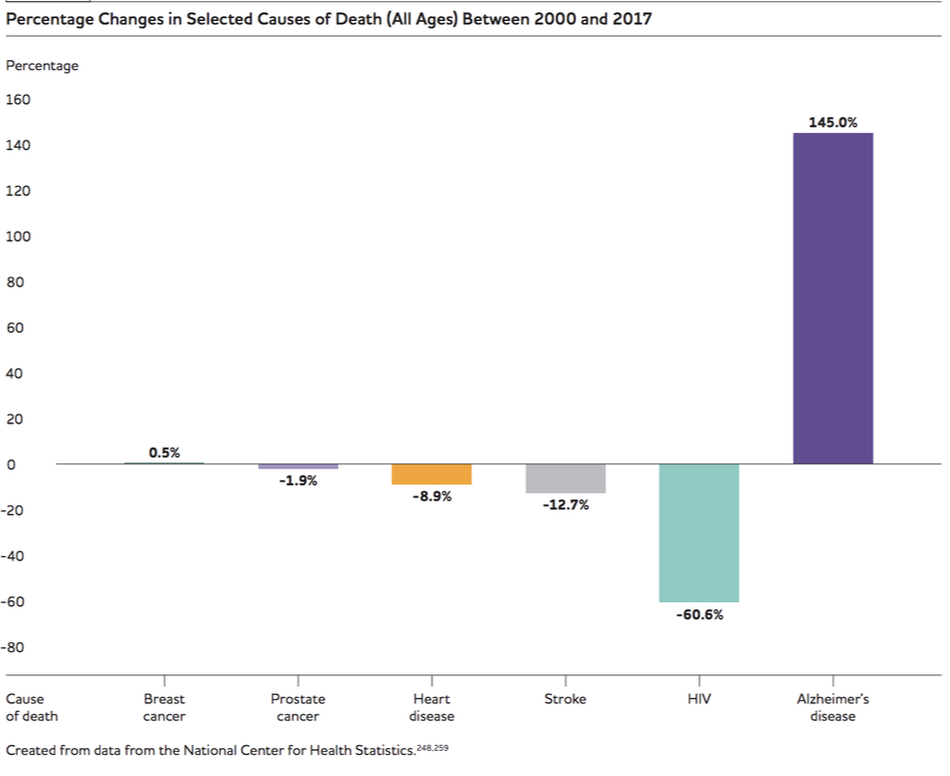
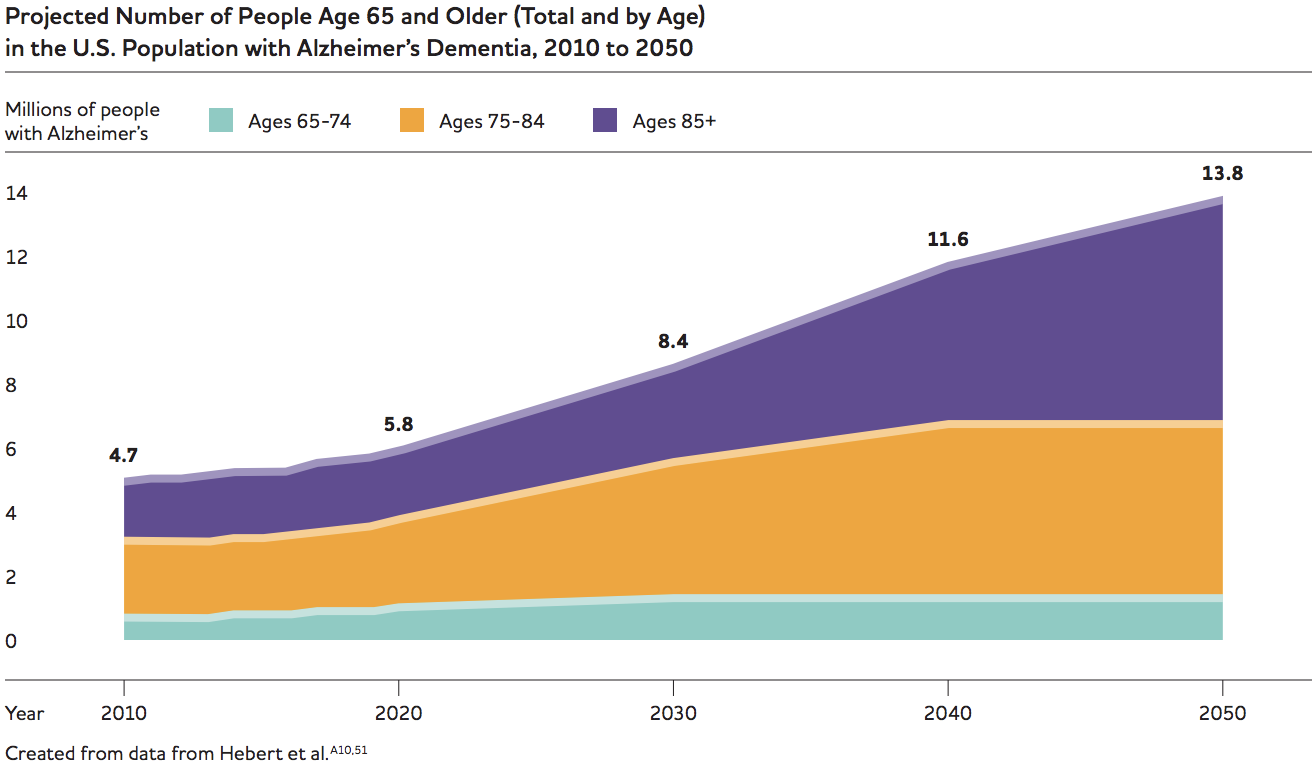
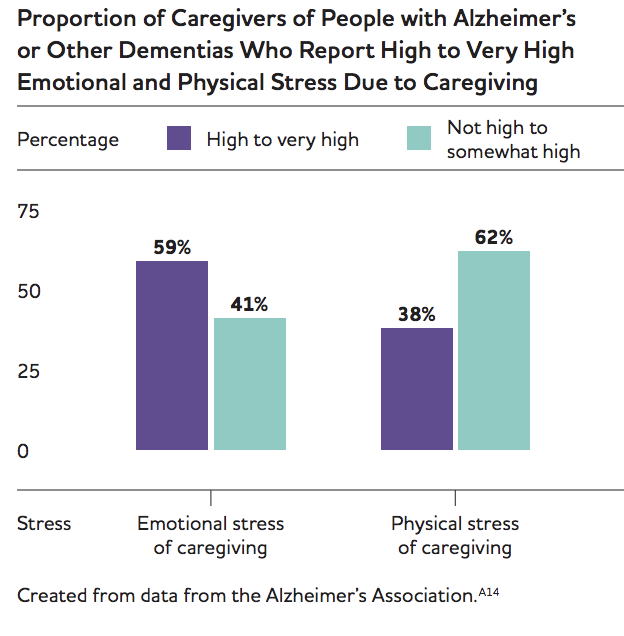
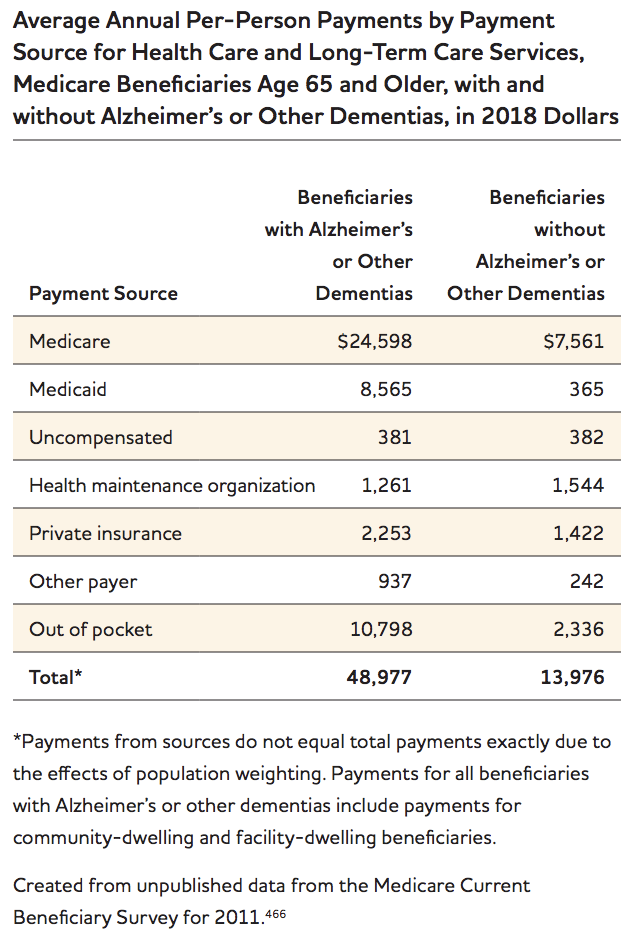
 RSS Feed
RSS Feed